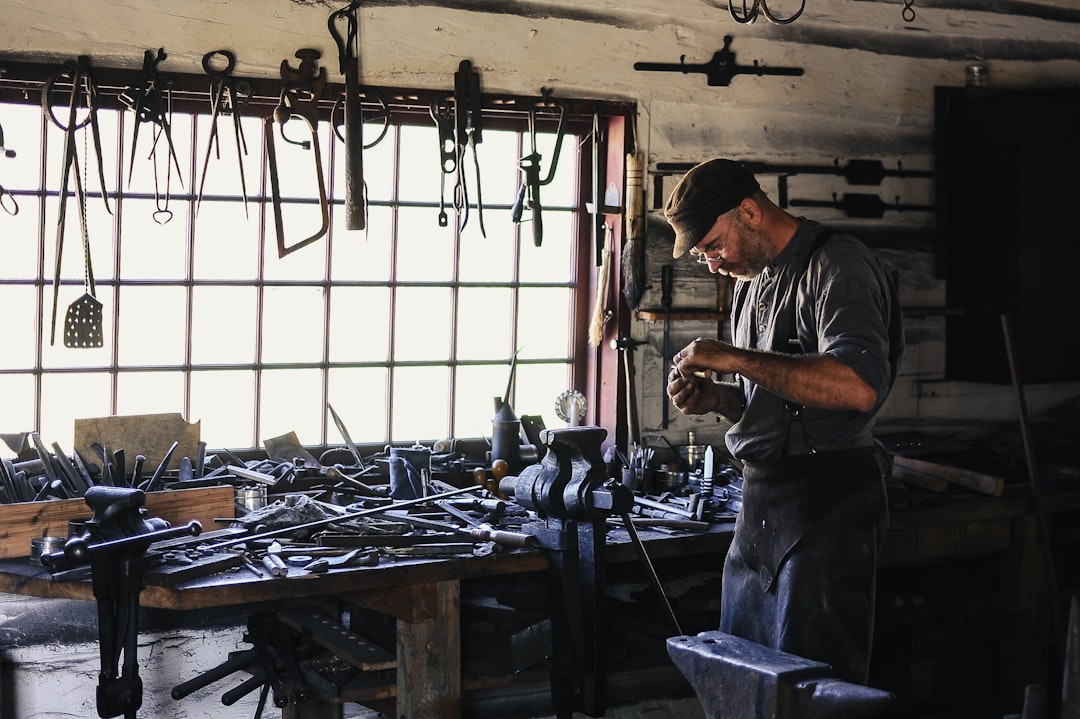MacBook Pro vs Car: Why Small Businesses Still Win

A few months ago, a rat managed to get into our attic. It wasn't pleasant, and it stayed there for several months. Given that we've also had some minor water leaks when it rains heavily, we decided it was time to do some small repairs.
Prices have skyrocketed in recent years. There have been many excuses, but after the COVID emergency and everything that followed, everything has at least doubled in this sector.
Since it's a reinforced concrete roof from the early 80s, we have no intention of redoing it. The concrete tiles are excellent and durable, and we have many spare ones. So we tried to get some quotes.
The whole thing was bewildering: many contractors said the roof needed to be completely redone (without even seeing it) because of its age, with quotes equal to the cost of a small apartment. Too bad that some technicians, just a few years ago, found it in perfect condition, with only a few tiles to reposition and some foam sealing to refresh.
Others were more conservative, making quotes equal to the cost of a small car. Without redoing it, just to check it thoroughly and fix the broken tiles. And all this without installing a "lifeline", which today is fortunately mandatory for all major work to ensure the safety of the people doing the job.
These companies all had one thing in common: medium to large size, with various employees, administrative staff, etc.
A few days ago we saw a man and a younger boy (we later discovered he was his son) working at our neighbors' house, and as my wife suggested, we went to talk to them.
Small business, active for many years (founded by the gentleman's father), specialized in this type of work. They do the work themselves, directly, and the first thing they install is the lifeline, which will obviously remain on the roof to protect anyone who, for any reason, will have to climb up there. And here's a detail I truly appreciated: he explained that his concern wasn't so much for himself - he said he's used to being on roofs - but for anyone who would climb up after them, perhaps an antenna installer or another technician in the future. A consideration that went beyond simply complying with regulations, demonstrating that 'human touch' often lost with larger companies. In the latter, sometimes, adherence to regulations seems more a way to protect the company than a genuine concern for the individual worker, who is sadly, often considered replaceable - to use a strong image, almost 'like a sock'.
The quote? Definitely honest. Less than a MacBook Pro. And it wasn't just about the final price; he explained he consciously chose a minimal profit margin - lower, in fact, than standard rates I've found online for such work - driven by a genuine desire to make the roof truly safe for the long term. This commitment went far beyond mere regulatory compliance; for that, temporary parapets installed only for the duration of the job would have sufficed. But, as became abundantly clear, he willingly sacrificed a portion of his potential earnings to provide this more robust and lasting safety solution. And the certainty of knowing who's doing the work for us - real people we can talk to directly.
This experience made me wonder: when did we start assuming bigger companies automatically mean better service?
This rush to expand businesses as much as possible has undoubtedly brought advantages (more hiring, possibility of greater investments in machinery and personnel, etc.), but are we really sure that for the end consumer it's always really an advantage?
I see the same thing in tech: not all big vendors provide better support. Sometimes that solo developer on IRC knows more - and cares more - than a whole outsourced helpdesk.
Sometimes I think we need to talk to people, not to companies. Because people make business, not the other way around.
Long live the craftsmen, who solve problems every day, putting their hands on tiles, bricks, computer keyboards, flour, and so much more!